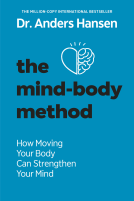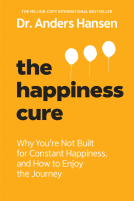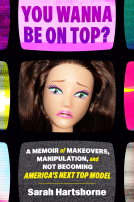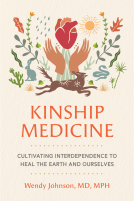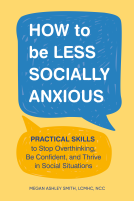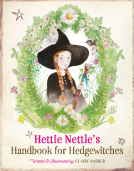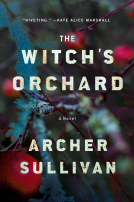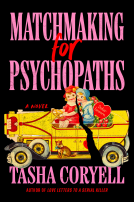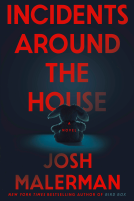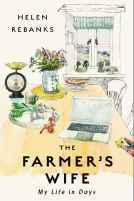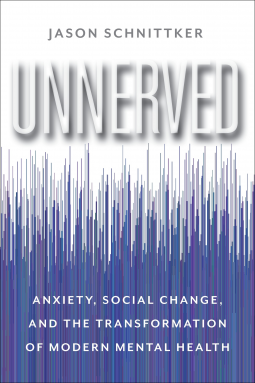
Unnerved
Anxiety, Social Change, and the Transformation of Modern Mental Health
by Jason Schnittker
This title was previously available on NetGalley and is now archived.
Send NetGalley books directly to your Kindle or Kindle app
1
To read on a Kindle or Kindle app, please add kindle@netgalley.com as an approved email address to receive files in your Amazon account. Click here for step-by-step instructions.
2
Also find your Kindle email address within your Amazon account, and enter it here.
Pub Date Jun 08 2021 | Archive Date Sep 15 2021
Talking about this book? Use #Unnerved #NetGalley. More hashtag tips!
Description
In Unnerved, Jason Schnittker investigates the social, cultural, medical, and scientific underpinnings of the modern state of mind. He explores how anxiety has been understood from the late nineteenth century to the present day and why it has assumed a more central position in how we think about mental health. Contrary to the claims that anxiety reflects large-scale traumas, abrupt social transitions, or technological revolutions, Schnittker argues that the ascent of anxiety has been driven by slow transformations in people, institutions, and social environments. Changes in family formation, religion, inequality, and social relationships have all primed people to be more anxious. At the same time, the scientific and medical understanding of anxiety has evolved, pushing it further to the fore. The rise in anxiety cannot be explained separately from changes in how patients, physicians, and scientists understand the disorder. Ultimately, Schnittker demonstrates that anxiety has carried the imprint of social change more acutely than have other emotions or disorders, including depression. When societies change, anxiety follows.
Advance Praise
"Few sociologists have examined the phenomenon of anxiety itself. In Unnerved, Schnittker provides the most detailed sociological examination of anxiety, the most extensive discussion of the differences between anxiety and depression, and the most comprehensive empirical study of how social factors are related to anxiety."
--Allan Horwitz, author of Anxiety: A Short History
Available Editions
| EDITION | Other Format |
| ISBN | 9780231200356 |
| PRICE | $35.00 (USD) |
Featured Reviews
As 2020 and 2021 continue to blur together and time further distorts around a seemingly endless stream of bad news around the globe, mental health awareness continues to become more and more important as we struggle to make sense of a chaotic world. In this sense, Jason Schnittker's Unnerved may seem expertly timed: a history of how anxiety has progressed medically and culturally throughout the years and has come to define many people's current outlooks. When taken as a purely scientific and fact-based treatise, Unnerved does its job well. It informs, teaches, and provides reason based solutions for an anxiety-filled society to move forward. Where the book may fail to engage a wide audience is in the presentation style. Unnerved reads far more akin to a textbook than a conversational piece, and at times is more of a chore to get through than something to casually sit down and read. Perhaps this impersonal style may work for some looking for facts only, but for myself I found myself skimming more often than not.
**I was given a copy of this book by the publisher via NetGalley in exchange for an honest review. My thanks to Columbia University Press**
 catherine h, Reviewer
catherine h, Reviewer
I can relate to the fact anxiety is on the rise. So many changes, so much going on, it never seems to stop! This book does read like a textbook, so I read it sort of in a browsing manner. I think we should all just turn off our tvs, and devises, and chill. Going off grid can actually be as simple as just tuning out the news. Finding some enjoyable activities, or none. Mr. Schnittker's book, was a bit too thick for me, but I'll continue to browse it as it is an important topic.
Thank you to NetGalley and Columbia University Press for an advanced electronic copy of this book in exchange for an honest review!
"Anxiety is not new. Yet now more than ever, anxiety seems to define our times. Anxiety disorders are the most common psychiatric disorders in the United States, exceeding mood, impulse-control, and substance-use disorders, and they are especially common among younger cohorts. More and more Americans are taking anti-anxiety medications. According to polling data, anxiety is experienced more frequently than other negative emotions. Why have we become so anxious?"
I live with anxiety, and I love to read about it. Sometimes I even read about the science side of psychiatry and how everything works, and find myself caught up in the information, feeling understood. However, that didn't happen here. The information was shared in a way that felt confusing and inaccessible, and I started to feel like I needed to defend and prove that my anxious feelings are real and can be debilitating. It's almost like being gaslit by a book. I feel like this book could be much more beneficial to someone who enjoys scientific text and does not feel invested in the topic of anxiety disorders.
Readers who liked this book also liked:
Megan Ashley Smith, LCMHC, NCC
Health, Mind & Body, Nonfiction (Adult), Self-Help
